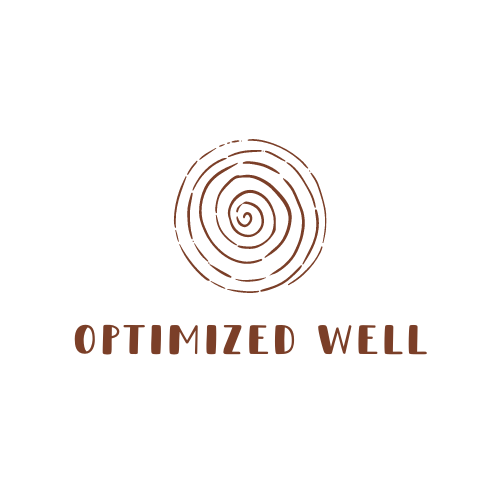Brands We Love

The Power of a Balanced Diet: Essential Nutrients for Optimal Health
A balanced diet is the foundation of good health. It provides the body with the energy it needs to function, supports immune health, and promotes physical and mental well-being. Understanding the essential nutrients in a balanced diet can help guide smarter food choices that lead to lasting improvements in how you feel each day.
Macronutrients: The Building Blocks of Your Diet
Macronutrients – carbohydrates, proteins, and fats – are the primary components of a balanced diet, each serving a vital role in your body’s processes.
Carbohydrates: These are your body’s main energy source, especially for your brain and muscles. Opt for complex carbohydrates like whole grains, fruits, and vegetables, which are rich in fiber and promote longer-lasting energy.
Proteins: Essential for building and repairing tissues, proteins are made of amino acids that your body uses to support muscle growth, cell repair, and even hormone production. Lean meats, fish, eggs, legumes, and plant-based protein sources are excellent choices to meet your daily needs.
Fats: Healthy fats support brain health, provide energy, and help your body absorb certain vitamins. Focus on sources like avocados, nuts, seeds, and omega-3-rich fish. Unsaturated fats are key to maintaining heart health.
Balancing these macronutrients ensures your body has the fuel it needs to perform well throughout the day while supporting long-term health.
The Importance of Vitamins and Minerals
While macronutrients provide the energy your body requires, vitamins and minerals are essential for supporting various bodily functions, from strengthening the immune system to enhancing bone health.
Vitamin D: Known for supporting bone health by aiding in calcium absorption, Vitamin D also plays a role in immune function. You can obtain it through sun exposure and fortified foods like dairy products or through supplements if needed.
Vitamin C: A powerful antioxidant, Vitamin C supports immune health, helps repair tissues, and enhances iron absorption from plant-based foods. Citrus fruits, bell peppers, and leafy greens are excellent sources.
Calcium: Essential for strong bones and teeth, calcium can be found in dairy products, leafy greens, and fortified plant-based alternatives.
Iron: This mineral is critical for transporting oxygen in the blood and supporting energy levels. Iron-rich foods include lean meats, beans, and iron-fortified cereals. Pairing iron with Vitamin C can enhance absorption.
Getting these vitamins and minerals from food sources is ideal, as whole foods provide a range of nutrients that work together to support overall health.
Fiber: The Unsung Hero
Fiber plays a crucial role in digestive health by promoting regularity and preventing issues like constipation. It also helps manage blood sugar levels and supports heart health by lowering cholesterol levels. Whole grains, fruits, vegetables, legumes, and nuts are fiber-rich foods that should be a staple in your diet.
Hydration: Don’t Forget the Importance of Water
Water is often overlooked but is an essential part of a balanced diet. Proper hydration supports digestion, nutrient absorption, and detoxification. Make it a habit to drink water regularly throughout the day to ensure your body functions at its best.
Making Sustainable Food Choices
Adopting a balanced diet doesn’t mean restricting yourself or following complicated meal plans. Focus on incorporating whole, minimally processed foods that are rich in essential nutrients. Whether you’re preparing a salad with vibrant vegetables or opting for a nourishing smoothie, variety is key to meeting your body’s needs.
Looking for convenient, healthy options to incorporate into your meals? Be sure to check out Primal Kitchen for a range of products that align with your health goals. They offer nutritious and delicious options like salad dressings, sauces, and oils made with clean ingredients to support a balanced diet.
One or more of the links above are affiliate links, meaning, at no additional cost to you, we will earn a slight commission if you click through and make a purchase. Each of these products is chosen by a trusted member of our team.

© 2024 Optimized Well | Terms of Service
